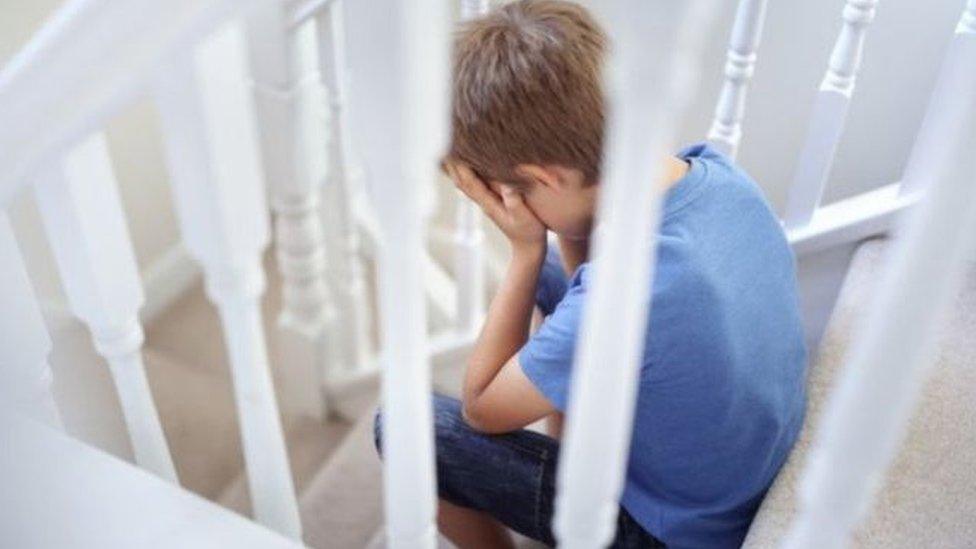Herefordshire Council criticised by judge for child care
- Published

Mr Justice Keehan said a new head of children's services had been "frank and open about past failings"
A High Court judge has named a council he said caused "dreadful failures" in the handling of children in its care.
Mr Justice Keehan named Herefordshire Council, despite objections from its lawyers, as there was "legitimate" public interest in doing so.
He said bosses had been too slow to ask family court judges to take control of cases and make long-term decisions about children's living arrangements.
The council said it was "remedying past mistakes".
Midlands Live: 'More Telford victims coming forward''; Man jailed for pool game murder
Mr Justice Keehan outlined his criticisms and concerns after analysing the cases of two children in the council's care, at a family court hearing in Nottingham.
The judge, based in the Family Division of the High Court in London, said a new senior management team was in place and aimed to make improvements.
In a written ruling on the two cases, he said a new head of children's services had been "frank and open about past failings".
Mr Justice Keehan said his concerns centred on Herefordshire's use of section 20 of the Children Act 1989, which allows councils to provide accommodation to children who have nowhere suitable to live.
'Grim reading'
He said the tool was useful in "appropriate circumstances", but should not an alternative to launching legal proceedings and asking family court judges to make long-term decisions.
He said he had asked the council for a statement about "each and every child" in its care and the document "made very grim reading".
He said the council was currently accommodating 42 children and, of these, "the local authority have now recognised that 14 have wrongly and abusively been the subject of section 20 accommodation for a wholly inappropriate lengthy period of time".
A council spokesman said: "Herefordshire Council deeply regrets these past failings and has changed its practice to reduce the likelihood of similar cases occurring in future."